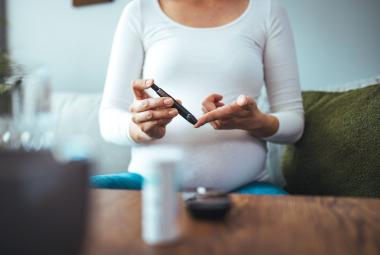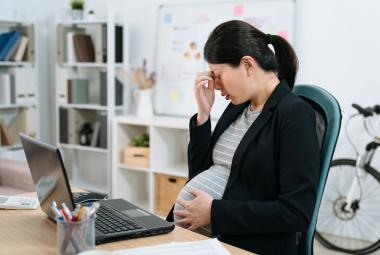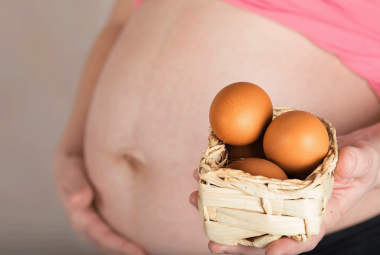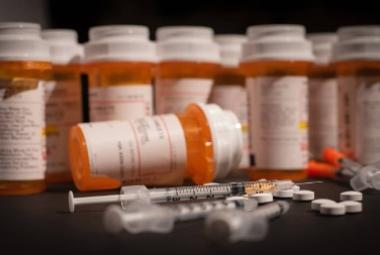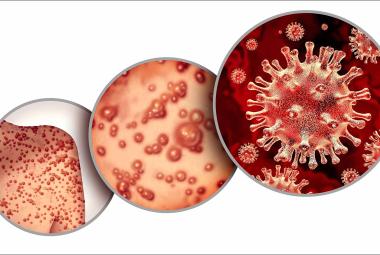Caffeine is the most commonly consumed drug in the world. It occurs naturally in many plants and is chemically added to a wide variety of products. Most coffees, sodas, teas, and chocolates, as well as some medications, contain caffeine. Many women are in the habit of consuming caffeine before they become pregnant and want to know if it is safe for their baby before they continue.
Medical studies have so far failed to provide strong evidence that caffeine increases the risk for adverse pregnancy or breastfeeding outcomes in otherwise healthy mothers and babies. Specifically, reviews of the available literature suggest that caffeine does NOT increase the risk of birth defects,1 pre-term birth,2 low birth weight,3 stillbirth,4 or learning disabilities.5 In breastfeeding infants, there was no observed effect on sleeping patterns or heart rate.6, 7
It is important to remember that some individuals are more sensitive to caffeine than others. Differences in metabolism and brain chemistry can make caffeine much more or less effective in some people. It can also worsen pre-existing insomnia, cardiac arrhythmias, gastroesophageal reflux, and type 2 diabetes.8 Furthermore, newborns do not clear caffeine as quickly as adults; half-lives are 120 hours (at birth) and 5 hours respectively. The American Academy of Pediatrics considers consumption of less than 3 cups of coffee per day to be safe while breastfeeding.
James Abbey, MD
InfantRisk Center
References:
1. Browne ML. Maternal exposure to caffeine and risk of congenital anomalies: a systematic review. Epidemiology (Cambridge, Mass.). May 2006;17(3):324-331.
2. Maslova E, Bhattacharya S, Lin SW, Michels KB. Caffeine consumption during pregnancy and risk of preterm birth: a meta-analysis. The American journal of clinical nutrition. Nov 2010;92(5):1120-1132.
3. Jahanfar S, Jaafar SH. Effects of restricted caffeine intake by mother on fetal, neonatal and pregnancy outcome. The Cochrane database of systematic reviews. 2013;2:Cd006965.
4. Matijasevich A, Santos IS, Barros FC. Does caffeine consumption during pregnancy increase the risk of fetal mortality? A literature review. Cadernos de saude publica. Nov-Dec 2005;21(6):1676-1684.
5. Nehlig A, Debry G. Consequences on the newborn of chronic maternal consumption of coffee during gestation and lactation: a review. Journal of the American College of Nutrition. Feb 1994;13(1):6-21.
6. Ryu JE. Effect of maternal caffeine consumption on heart rate and sleep time of breast-fed infants. Developmental pharmacology and therapeutics. 1985;8(6):355-363.
7. Santos IS, Matijasevich A, Domingues MR. Maternal caffeine consumption and infant nighttime waking: prospective cohort study. Pediatrics. May 2012;129(5):860-868.
8. Whitehead N, White H. Systematic review of randomised controlled trials of the effects of caffeine or caffeinated drinks on blood glucose concentrations and insulin sensitivity in people with diabetes mellitus. Journal of human nutrition and dietetics : the official journal of the British Dietetic Association. Apr 2013;26(2):111-125.


